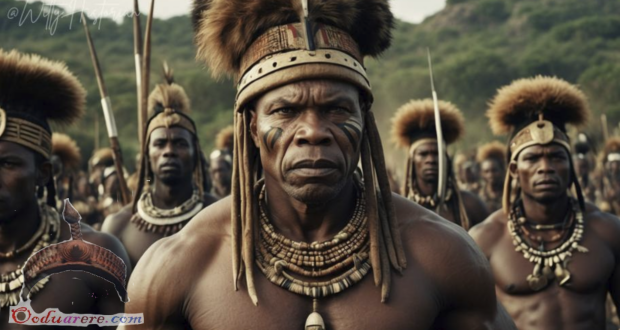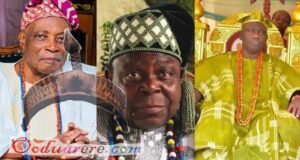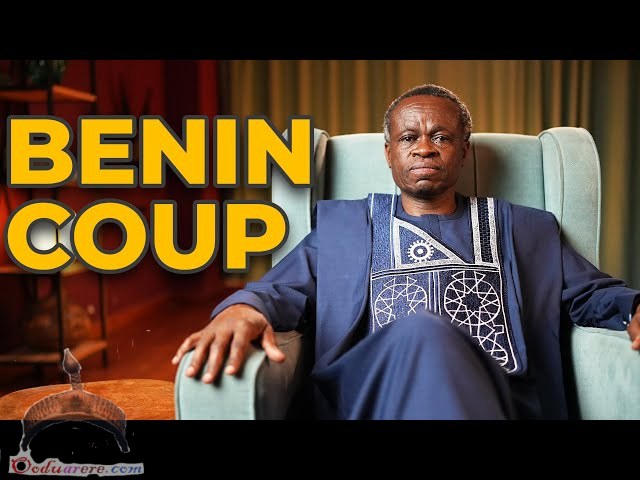The Zulu people, one of the largest ethnic groups in South Africa, have a rich history marked by significant contributions to the region’s development. Their society is renowned for its intricate social structures and the formidable skill of its warriors. By the early 19th century, the Zulu had begun to consolidate power under the leadership of Shaka Zulu, a visionary and strategic leader.
Shaka Zulu, born around 1787, transformed the Zulu kingdom through innovative military tactics and social reforms. He introduced new weapons, such as the short stabbing spear (assegai), and implemented rigorous training programs for his warriors. Shaka’s strategies emphasized discipline, speed, and efficiency, enabling the Zulu to outmaneuver and overpower rival tribes.
His leadership and reforms unified the Zulu people, turning them into a dominant force in southern Africa. Under Shaka’s reign, the Zulu kingdom expanded significantly, incorporating numerous neighboring tribes and territories. This period, known as the Mfecane or “crushing,” was marked by widespread upheaval and migration as the Zulu empire grew. Shaka’s influence extended beyond military conquest; he also restructured the Zulu social system, enhancing the cohesion and stability of his kingdom.
 Ọmọ Oòduà Naija Gist | News From Nigeria | Entertainment gist Nigeria|Networking|News.. Visit for Nigeria breaking news , Nigerian Movies , Naija music , Jobs In Nigeria , Naija News , Nollywood, Gist and more
Ọmọ Oòduà Naija Gist | News From Nigeria | Entertainment gist Nigeria|Networking|News.. Visit for Nigeria breaking news , Nigerian Movies , Naija music , Jobs In Nigeria , Naija News , Nollywood, Gist and more









